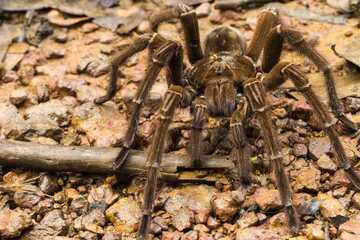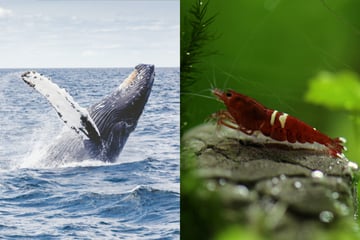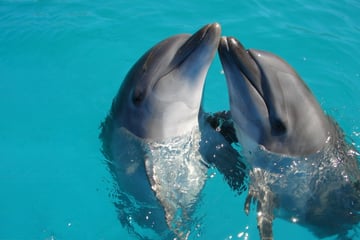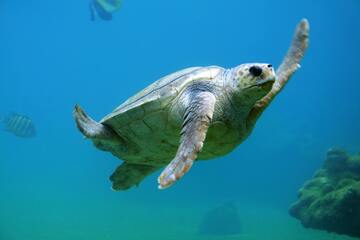What is the oldest animal in the world?
There are a bunch of elderly animals that inhabit this great green globe upon which we all live. Some, though, can live for an extraordinary amount of time. So what are the oldest animals in the world and which one truly takes the ticket?
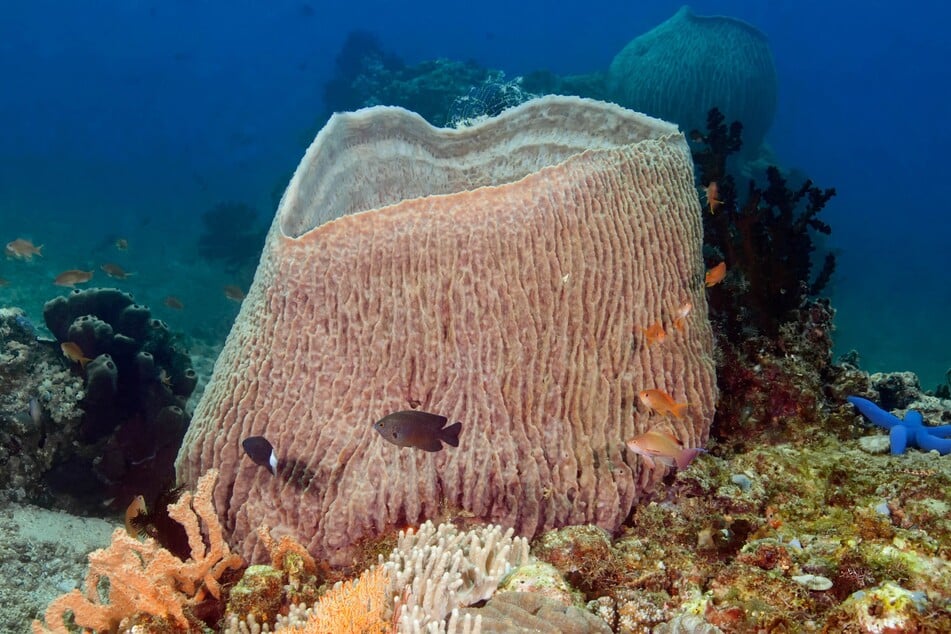
There are many ancients beasts out there, swimming around our oceans, plunging deep into the depths of the sea.
Indeed, most older-living animals live in salt-water abodes, rather than the dirt of the surface, and some can reach truly breathtaking ages.
That's why TAG24 is taking a deep dive into another astonishing animal record!
What is the oldest animal in the world, what species lives the longest, and how on earth do these beasts beat death for so long?
What is the oldest ever-living animal?
The giant sponge, overwise known as the Anoxycalyx Joubini, is the oldest living animal in the world.
Now, this isn't something you're likely to come across in a zoo. Indeed, it calls the ancient and deep depths of the ocean its home, and has a lifespan that makes ours feel like the blink of an eye.
Among mammals, amphibians, reptiles, and other animal species, there are none that come even close to the giant sponge in terms of age. This insanelt old animal lives in Antarctic waters, thousands of feet below the surface in extremely cold water, and is a member of a species known to live for up to 15,000 years at times.
How old is the oldest animal in the world?
Yes, the oldest animal is indeed classified as an animal. They might seem like rather simple organisms, but are classified as fauna, not flora. As a result, the giant sponge is a more than 10,000-year-old animal that has several millennia likely left in its life.
This ancient creature is a real-life Neolithic, and would have been around when humans created the first civilizations and started domesticating animals. Indeed, the giant sponge has lived through the Stone Age, the Ancient Roman Empire, and would have been around for the birth of Christ.
Why is the Giant Sponge so old?
Giant Sponges live, grow, and develop in one place, anchoring themselves sternly to the seabed and growing very, very slowly. This process takes, quite literally, thousands of years. They require very little oxygen, have an extremely slow metabolism, and consume little energy.
As a result of this laziness, giant sponges live far longer than any other animal, with their cells renewing extremely rarely. Indeed, it is said that giant sponges see life moving in slow motion, their sponginess increasing as they age and taking on more and more oxygen.
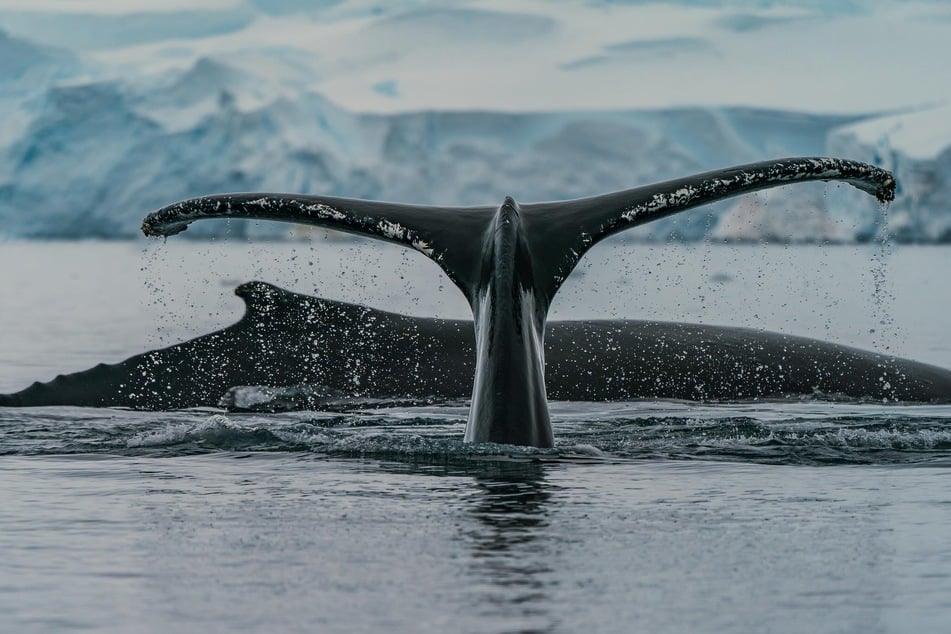
What animals live the longest?
Giant sponges aren't only modern-day dinosaurs. After all, there are several different animals that live hundreds upon hundreds of years. Following are five record-breaking animals, famous for their unbelievable age and wisdom...
Giant tortoises are the oldest known living terrestrial animals in the world
The old, wise tortoises lives up to its stereotype. Giant tortoises are not only the oldest living reptiles in the world, but also the oldest land animals, as they live on average about 150 years. Jonathan, currently the oldest living Seychelles tortoise, is a whopping 190 years old, according to Guinness World Records.
Jonny-boy isn't the longest ever-living tortoise, though, as a specimen called Awaita actually lasted until he was an estimated 256 years old. He was an Aldabra Giant Tortoise and possibly the oldest animal to ever be held in captivity, living out most of his life in the Alipore Zoological Gardens in India.
One of the oldest animals is the bowhead whale
Sometimes living for more than 200 years, the bowhead whale is possibly the oldest-living mammal in the world. One of these whales is thought to have lived until it was 211 years old, if the research is to be believed.
These giant mammals live in the Arctic and subarctic, and have the largest mouth of any animal in the world. They are huge, ancient, and often have to literally break the arctic ice when they surface to breath. Luckily, they are not considered endangered or even of concern.
The Greenland shark is one of the oldest living animals
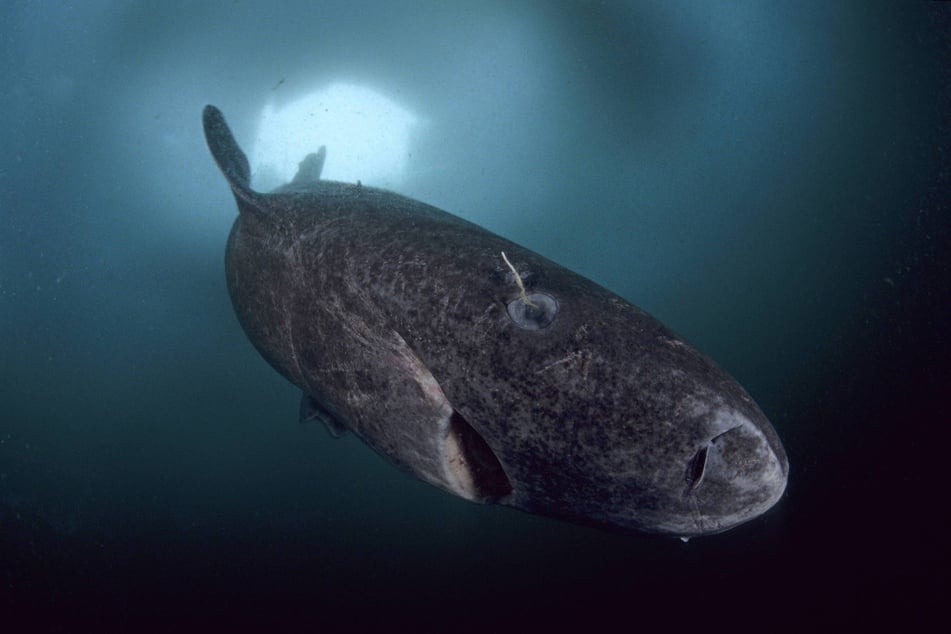
Another record holder is the Greenland shark, which is perhaps the oldest-ever fish, living certainly longer than any other shark.
The oldest Greenland shark was a female estimated at about 512 years old after being discovered by Danish researchers.
This estimate is, admittedly, rather uncertain due to a lack of hard evidence. As a result, it could also be true that the Greenland shark believed to be more than half a millennium old is actually only around 250 years old. Either way, that's one old fish.
Black coral get extremely old
Much like with the giant sponge, looking to the bottom of the sea is a sure-fire method of elderly-animal discovery. The black coral, of genus Leiopathes, can live for around 4000 years, making them some of the oldest animals in the world.
In Hawaii, living specimens have been found that are over a whopping 4265 years of age. Someone could easily be mistaken and call one of these creatures a plant. It would make sense, after all, but Coral is actually an animal that grows very, very, very slowly.
One of the oldest animals is the immortal jellyfish
The Turritopsis Dohrnii, otherwise known as the immortal jellyfish, is an animal capable of replenishing itself indefinitely. As a result, it is possible that an Immortal Jellyfish may never die if you completely remove environmental factors like predators and human factors like pollution.
Basically, these little dudes start as polyps, before spawning and stretching out throughout the ocean. When sick or old, under stress, or in danger, they can actually revert to the polyp stage. From here turn back into younger jellyfish, repeating the cycle.
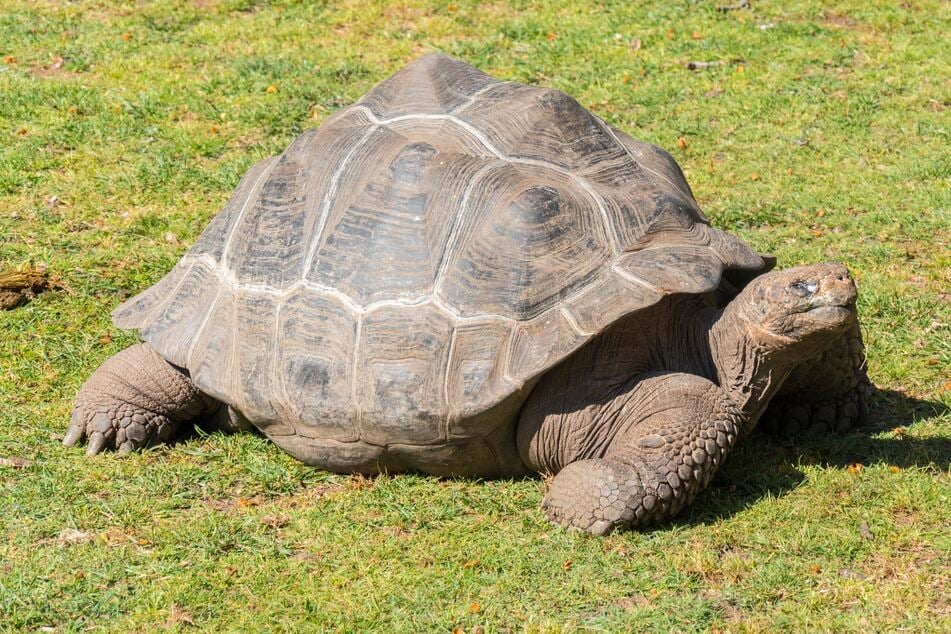
How do these animals survive for so long?
The key to a long life a slow metabolism, if these beasts of the ocean have anything to teach us. Both the bowhead whale and the Greenland shark live in ice-cold water, permanently slowing down their metabolism and causing the animals to age in "slow motion". In a way, the same can be said for the giant sponge.
Other theories suggest that in animals like whales and tortoises, a slow heartbeat is somewhat responsible for their longevity.
Newer theories that attempt to explain this long living are based on delayed cell destruction, which is again related to metabolism. You see, bodily cells are destroyed over time, but that destruction is slowed down significantly in accordance with the rate of a creature's metabolism, and renewal is improved.
You have to remember, though, that this length of life also comes down to a lack of environmental factors too. In other words, a slow metabolism and a lack of natural predators? Yeah, that's the key to a long life.
The world's oldest animals have one thing in common: Water
You might have noticed that water plays a large role in the creation of extraordinarily old animals. After all, it is the nectar of life and the one thing we search for when searching for potential colonial options out in the galaxy. It goes without saying then that this is hardly a surprise.
Whether you count the giant sponge as an animal or a plant, it's hard to deny that a more than 10-millennia old creature is incredibly impressive. It might not think or even move very much, but oh the stories that blubbery fellow could tell...
Cover photo: 123RF / 2alex

